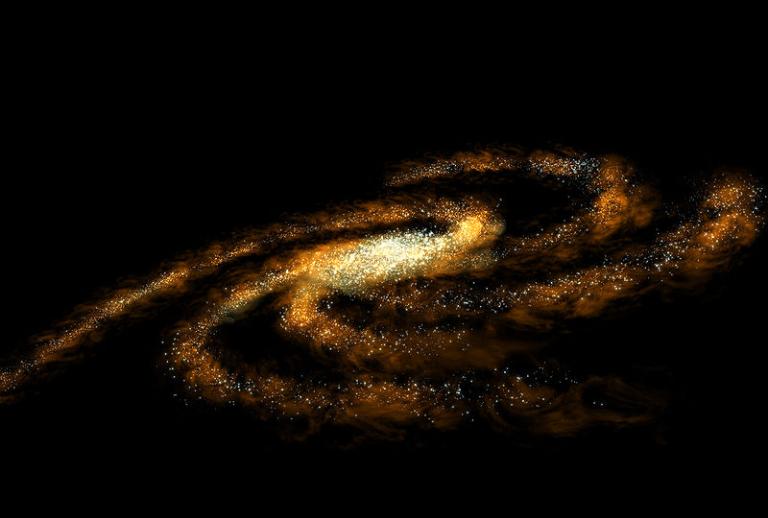
“Why Michael Shermer’s ‘Case for Scientific Humanism’ Fails”
I debated Michael Shermer in Las Vegas, Nevada, on 12 July 2018, at that year’s meeting of the annual libertarian gathering called FreedomFest:
“Is Faith Compatible with Reason?”
***
Interesting:
***
Not infrequently, I come across rather smugly superior statements from atheists contrasting the success and verifiability of science — which, quite without justification, they like to claim for themselves, as if religious unbelievers have some sort of monopoly on it — with the supposed lack of verifiability and success associated with theology, a field of discussion that, they suggest, is entirely untethered to reality and completely whimsical. (Those aspiring to wit will sometimes express their faith in the Flying Spaghetti Monster or, if they’re relatively literate, will bring up “Russell’s teapot,” which hypothetically and unverifiably orbits the Sun between the Earth and Mars.)
A believer might justifiably respond that theology, when it’s dealing with the very biggest of issues (e.g., the existence and nature of God, and the origin of the universe) is operating at or beyond the margins of rational and empirical human knowledge rather than with such relatively easily resolved questions as “How many caribou can be sustained by ten acres of alpine vegetation?” or “What is the molecular weight of water?” or “Does that star have an orbiting planet?” It is, she might say, quite unfair to compare the two distinct areas of inquiry as if they ought to have the same rules of evaluation or be able to achieve the same consensus agreement.
And now, it seems, this debate over the definition of science gives some additional power to that believer’s response: For, when science goes to the very margins of what we can know and attempts to peer beyond them into the ultimate nature of empirical reality (with string theory) or into the ultimate character of the entire existent cosmos (as with the postulate of multiple universes or a multiverse), precisely the same lack of verifiability comes into play. It’s not the opposition of rational atheism to supposedly irrational theism that comes that’s relevant here, but the nature of the objects of inquiry.
“Why String Theory Is Not A Scientific Theory”










